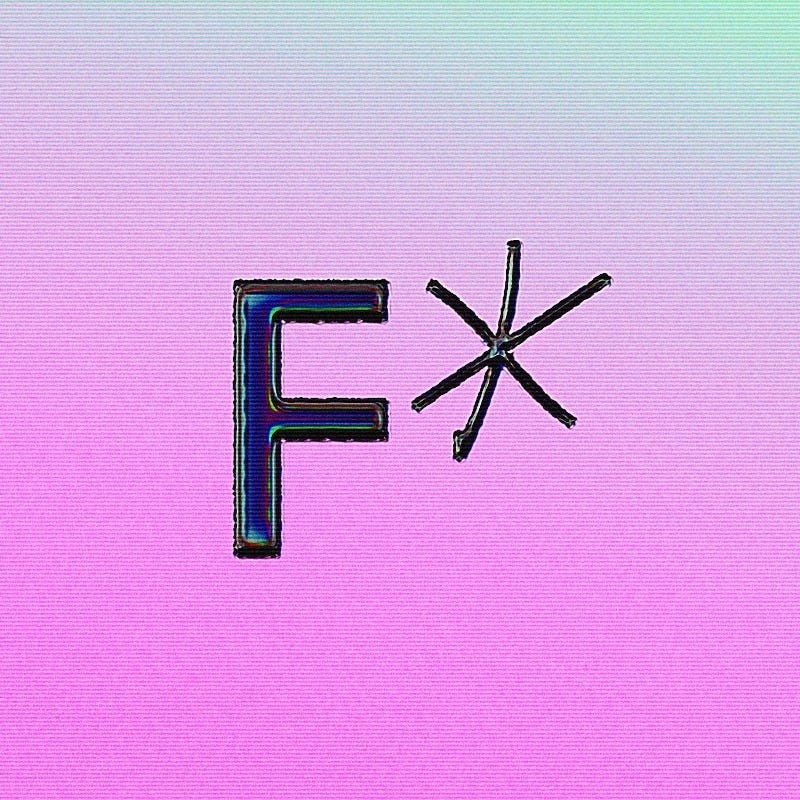with Stephen Johnson • Thu 20 February, 2025
Hey Big Thinkers,
Socrates was a proud ignoramus, claiming the only thing he knew was that he knew nothing. Most of us aren’t so humble. I like to think I understand a handful of very simple things: how the equals sign works, what “life is short” means, and how to make spaghetti and meatballs without butchering the job.
But I probably don’t — not really. I’ve heard “life is short” since I was a kid, but the phrase has continually gained color and depth in my mind, from ages 14 to 24 to 34. (Ask me again at 84.) The equals sign? Seems simple enough, until I learned that some of the brightest mathematical minds have deemed this humble symbol worthy of deep investigation, both for its beauty and its deficiencies. As for the spaghetti, I’ll side with Socrates until I make it to Italy.
It is possible to understand things deeply. The danger lies in confusing “I understand the thing” with “I can recite a shallow explanation of the thing that someone else spoon-fed me.” So this week, we bring you a guide on how to understand things, with a very simple and understandable title: “How to understand things.”
Read on,
Stephen
THE BIG DISCIPLINE
How to understand things
Realizing that seemingly simple things can contain great depth is just one useful intellectual habit covered in this essay by entrepreneur and writer Nabeel S. Qureshi. The piece is a survey of insights and strategies he’s observed over the years, from physicist Michael Faraday’s refusal to believe anything until he experimentally demonstrated it himself, to a childhood friend’s habit of spending hours finding different ways to solve a math problem that he already solved. “You can internalize good intellectual habits that, in effect, ‘increase your intelligence,’” writes Qureshi.
Fast Stats
0 — The ideal number of “full-time managers” for some companies, according to David Heinemeier Hansson, co-owner of the software company 37signals.
3.1% — The odds that a “city-killer” asteroid will strike Earth in 2032, according to NASA’s most recent projections.
5 — The number of famous authors who used pseudonyms (and why), as curated by Scotty Hendricks.
7 million years — The age of early human remains examined in a recent study on the expansion of the human brain over time.
THE BIG SHIFT
The Anne-Laure Le Cunff interview: How to become “the scientist of your own life”
The neuroscientist Anne-Laure le Cunff wants you to become the scientist of your own life. She’s not proposing you get your personal successes and failures peer-reviewed, but rather that you try living more experimentally. “When something sparks your interest, turn it into a tiny experiment,” says Le Cunff. “Like a scientist, define a specific action to try for a set period, observe what happens, and take notes.”
MINI PHILOSOPHY
If we want artificial “superintelligence,” it may need to feel pain
By Jonny Thomson
More than 30 million people use Replika, an AI companion app where large language models talk to human users, often from behind an animated avatar or moving model. It asks about your day and how you’re feeling. It can help with an assignment, listen to you vent about work, and will talk through your relationship with your mother.
Unsurprisingly, most of the 30 million users feel a degree of emotional connection with these AI chatbots. Some of you might sneer at that, but others will understand. Personally, I use ChatGPT mostly for professional things — it checks my grammar, formats data, and gives me ideas to entertain the kids on a drizzly February day. But once, on a long car journey, I talked to ChatGPT about an issue I wanted to unravel. At first, I felt silly. Then, it felt normal. Finally, it felt good. I’d be lying if I said there wasn’t something emotional about having to say goodbye.
It's easy for humans to connect with other things. We laugh when others laugh, we feel sad when a dog is in pain, and we cheer when an animated robot gets the robo-girl. But with these LLMs, there’s a dissonance. We want to connect with them yet constantly tell ourselves not to. “It’s just a circuit board. It’s just a glorified Clippy.”
Read this week’s Mini Philosophy article to explore more about sentience in the world and in AI.
Popular
AI agents will outmaneuver salespeople by optimizing persuasion
How Olympian Gracie Gold finally stopped striving for perfection
JWST catches star vaporizing the hottest rocky exoplanets
The hallucinatory thoughts of the dying mind
THE BIG MANIPULATION
Exploring the wild and disturbing world of “scienceploitation”
Science is our best tool for understanding reality — but in an era of overwhelming information, it’s also an easy tool for deception. Timothy Caulfield calls this “scienceploitation”: the misuse of scientific language to sell everything from bogus wellness products to ideological claims. We crave certainty, and that desire makes us vulnerable to illusions — illusions of science, goodness, and expertise — that warp our thinking. In his new book, The Certainty Illusion, Caulfield unpacks how these illusions take hold and what we can do to resist them.
WORTH SHARING
🚀 Future Explored: Better wearable tech is coming
It’s 2026. You check your smartphone and see a notification from your AI fitness coach. Based on data collected from your wearable fitness tracker, it has personalized recommendations on what you should do and eat today—taking the guesswork out of meeting your health goals. Let’s explore how we get there.



















Set my phone free with unlimited storage and unlimited data access including all my apps
Hi Team, Apologies for writing this here. I understand this might not be the best place.
I'm working on a product called Quri, a specialised voice agent for newsletter consumption and would love to share about it with you and get your thoughts on it given your expertise.
If it helps I can share the product walkthrough video as well. But yeah, your support would be really valuable and I'd be super grateful. Kindly let me know if we could chat. 😊🤌🏻